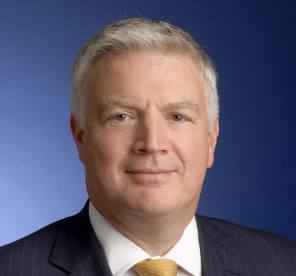When the pension freedoms were announced back in George Osborne’s Budget of March 2014, the appeal of discretionary bypass trusts, commonly referred to as spousal bypass trusts, was dramatically reduced.
The new rules meant many more people could have the option to receive a pension income from the deceased member’s defined contribution pension fund, as the restriction to dependents was relaxed.
So why would anyone still want to use a bypass trust? To answer that we need to first look at what can – and cannot – be done when passing funds on within a pension.
Passing funds on within a pension
Current legislation allows the pension member to nominate any individual, trust or entity to receive their remaining pension funds on their death (subject to scheme rules). Under most DC pensions the scheme administrator will exercise their discretion when deciding who should receive the funds. In most instances this means the funds will remain outside the deceased’s estate and no inheritance tax will be payable.
The scheme administrator should consider any nomination made by the member, and any dependents, whether nominated or not. If the decision is to pay funds to a dependent or nominee, rather than a trust or other entity, that individual will then have the choice of how to take the benefits.
Most DC schemes will offer the option of a lump sum payment, purchasing an annuity, or using the funds for a beneficiary’s flexi-access drawdown. Even if the scheme does not have the facility to offer drawdown itself, the statutory permission override put in place at the time of pension freedoms should mean it is possible to transfer beneficiary’s flexi-access drawdown to a scheme that does.
The important point to note here, is that it is down to the individual beneficiary themselves, as to what form they would like to take the inherited funds. This is not something the member can dictate when making their nomination or leaving an expression of wish. We have been asked on many occasions if the member can nominate a beneficiary, with instructions that they can only use the funds for an income and not take it all as a lump sum. This is simply not possible within the rules.
It is also worth noting what happens when that beneficiary dies. If the beneficiary has chosen the flexi-access drawdown option and there are still funds remaining on their death, it becomes their choice as to who to nominate to receive them when they are gone (again subject to scheme administrator discretion). The original scheme member who built up the funds, has no say where they go.
When is this an issue?











